All sankhara or phenomenal (compounded) things are subject to Anicca or impermanence. Dukkha or suffering and Anatta or non-self, which are the three characteristics of existence.
Anicca or impermanence means transience. Everything that has come into existence will eventually have to pass away. Everything exists only temporarily.
Dukkha or suffering consists of continual change. All things are subject to incessant and continual decay. Their owners consequently have to suffer just as much as the things they possess. For instance, one falls ill when one's body is out of order.
Anatta or non-self means void of reality or selfexistence. Anatta may be explained in three stages as follows :
1. Not to be too self-centered. Otherwise one would become selfish and would be actuated only by self-interest and would not know oneself in the light of truth. For instance, being too egoistic, one would believe one is in the right or entitled to this or that but in truth one's belief is erroneous.
2. We cannot give orders to anything, including our bodies and minds, to remain unchanged according to our wish. For instance we could not order our bodies to remain always young and handsome and our minds always happy and alert.
3. One who has practiced and attained to the highest level of knowledge will discover that all things including one's own body and mind are devoid of self; or, as the Buddhist proverb puts it, "one becomes nonexistent to oneself". Some people with great insight have no attachment to anything at all in the world. Nevertheless, during their lifetimes, they are able to conduct themselves in the right manner (without defilements) appropriate to the place and circumstances in which they live.
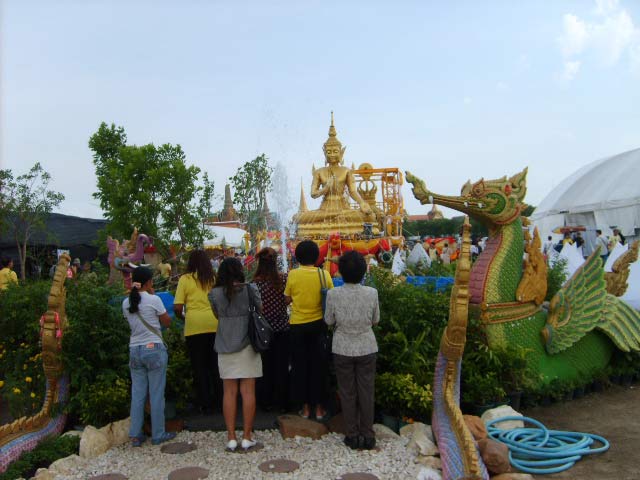

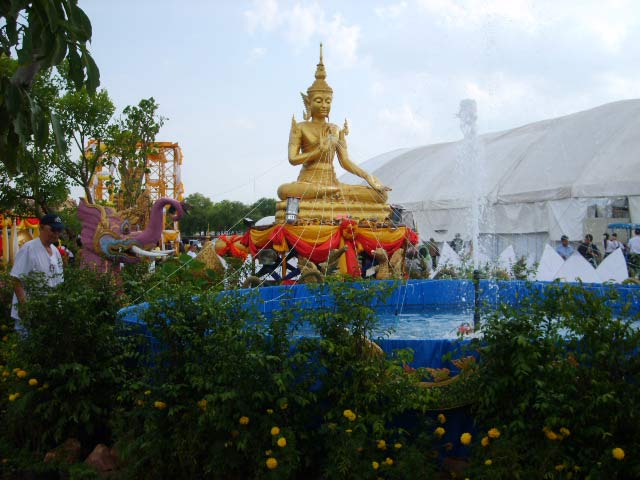
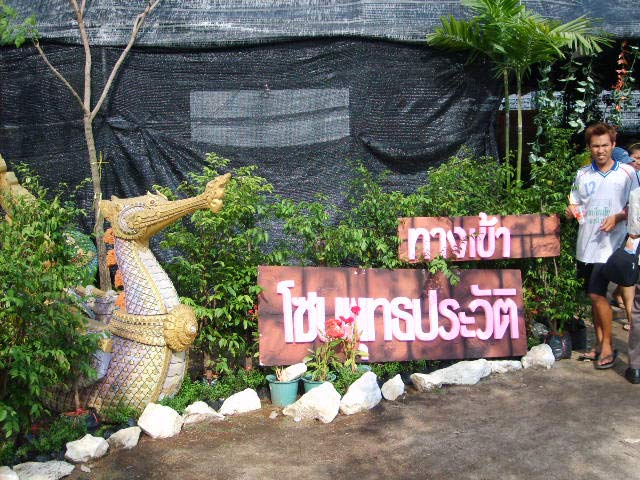
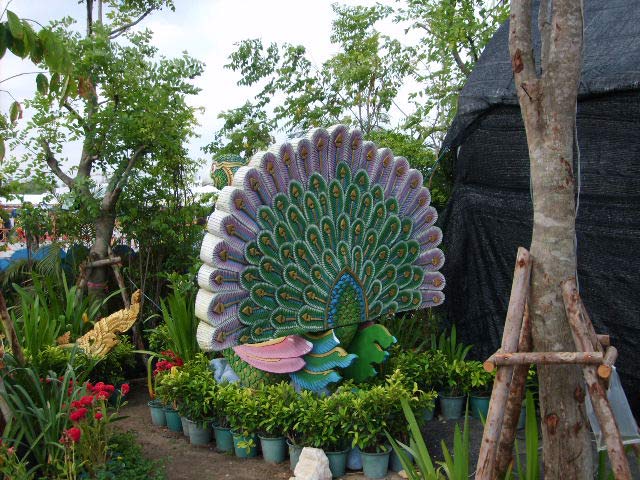
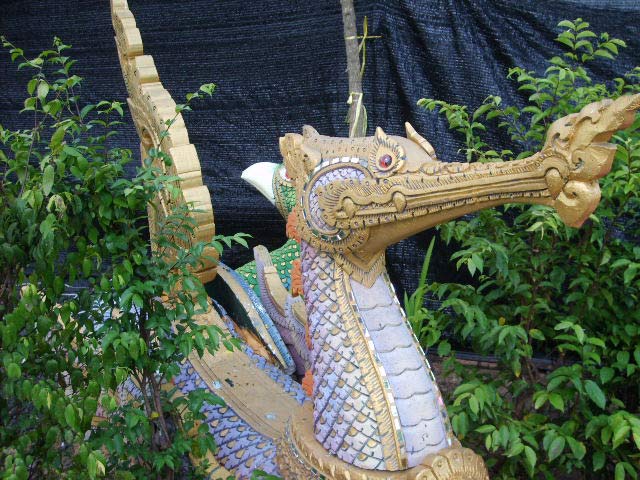
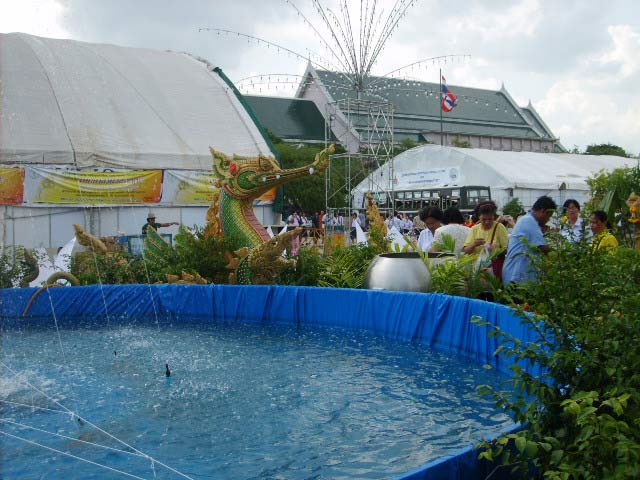
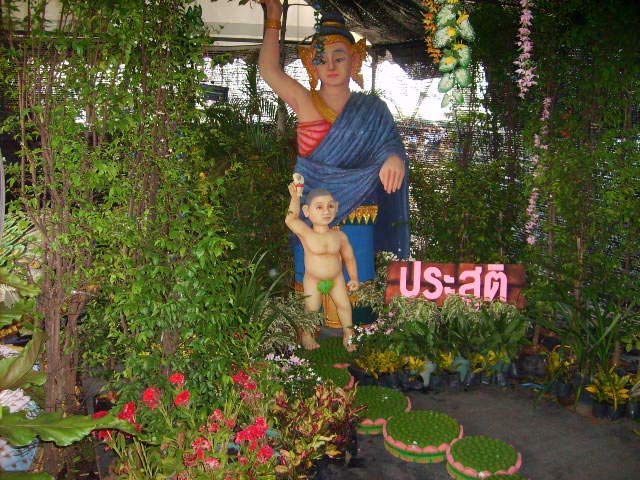
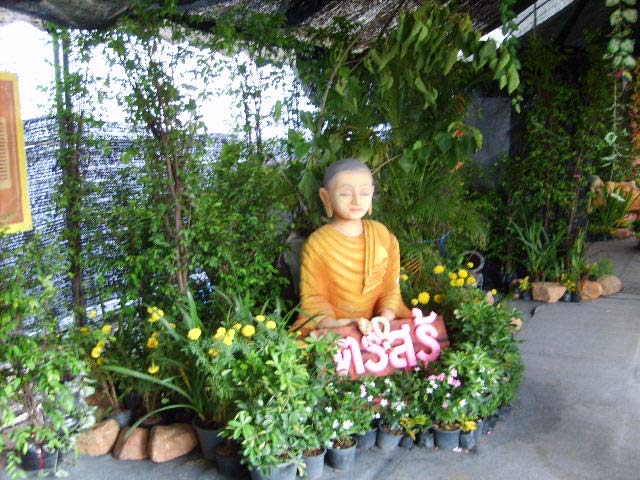


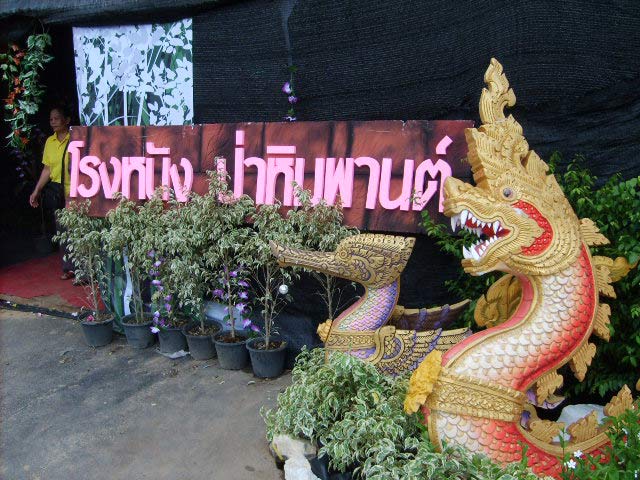
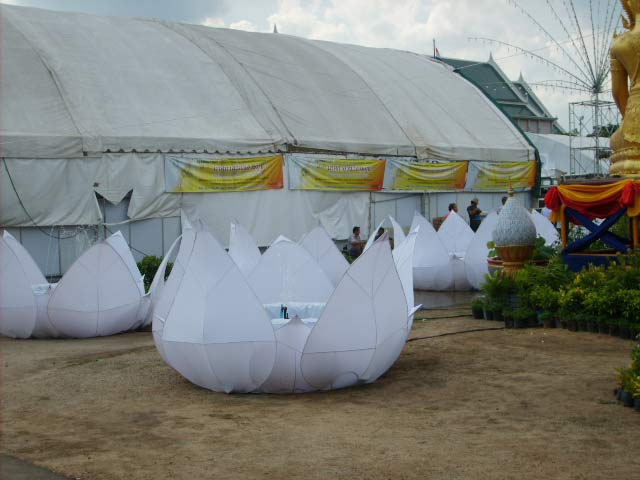
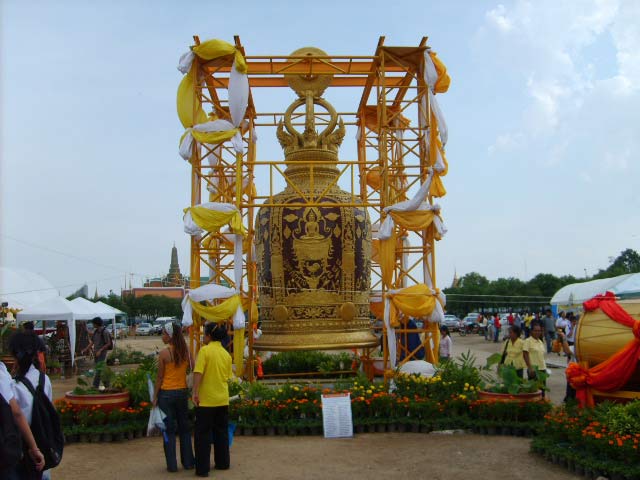
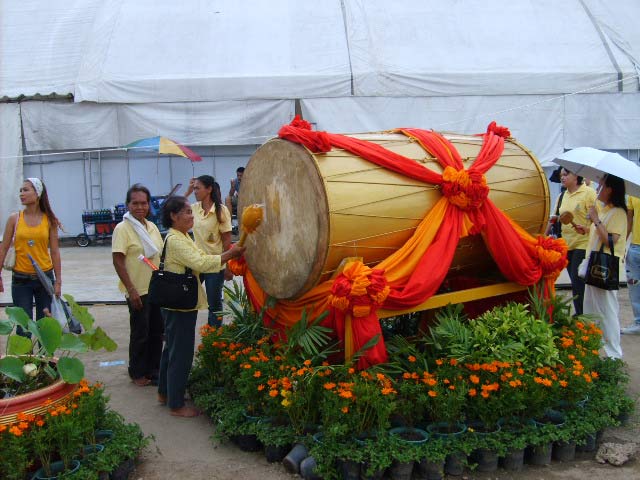
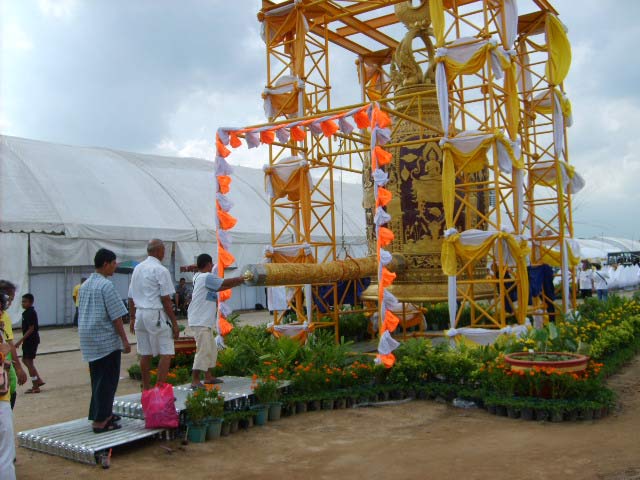

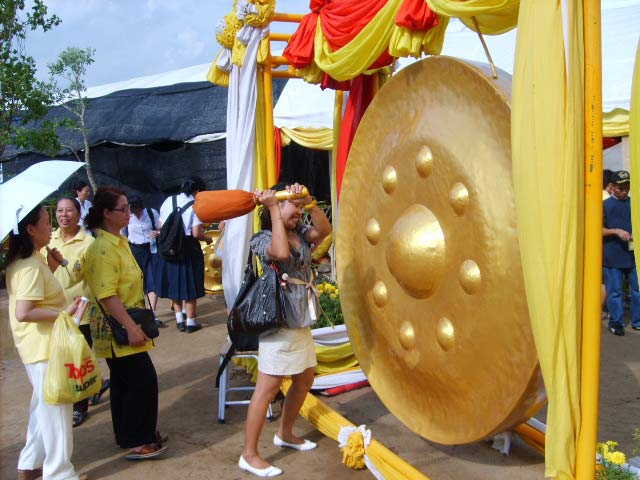
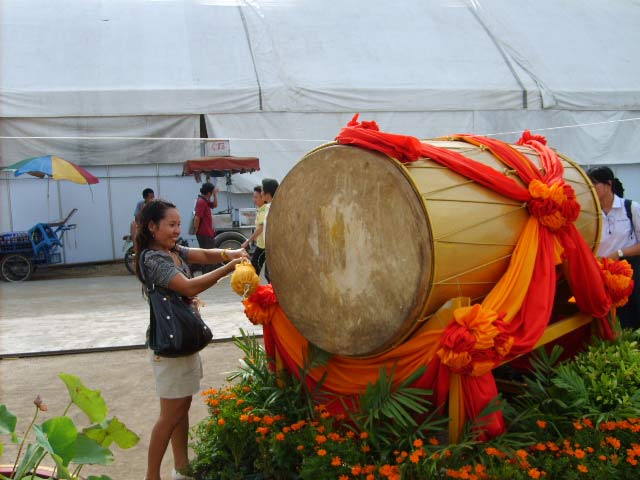
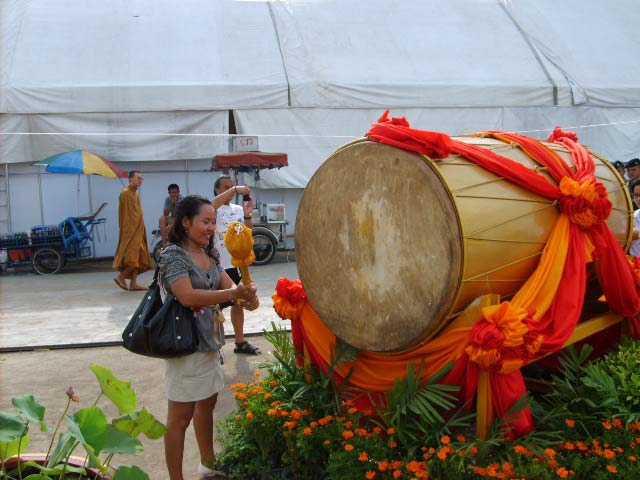
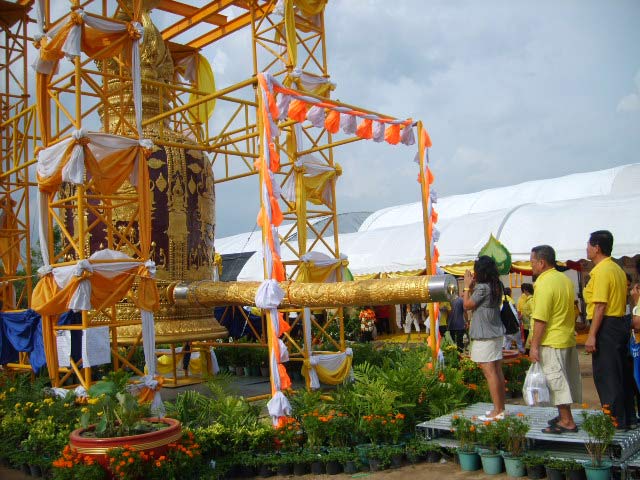





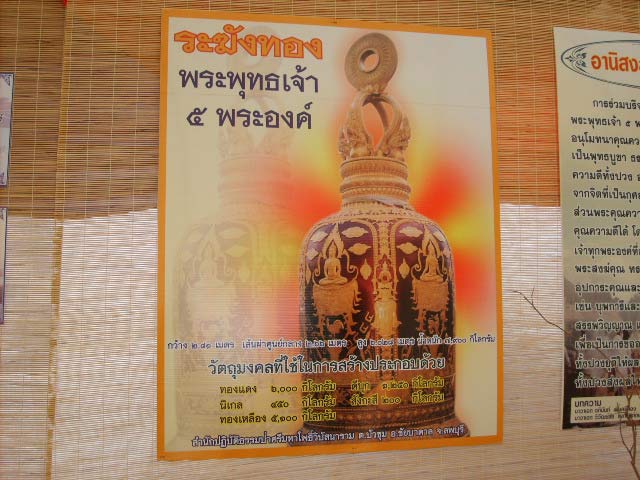
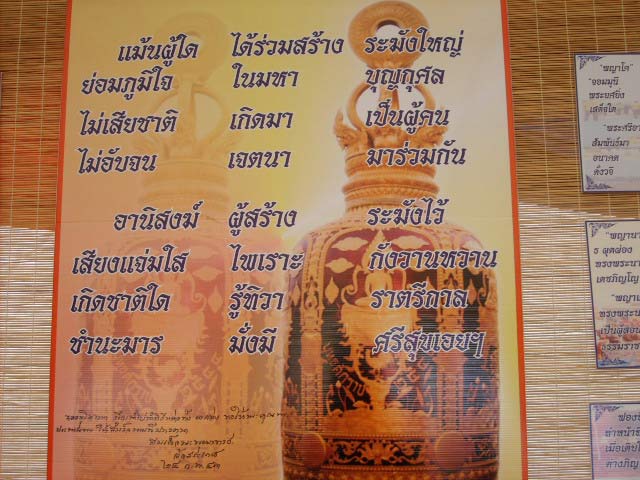
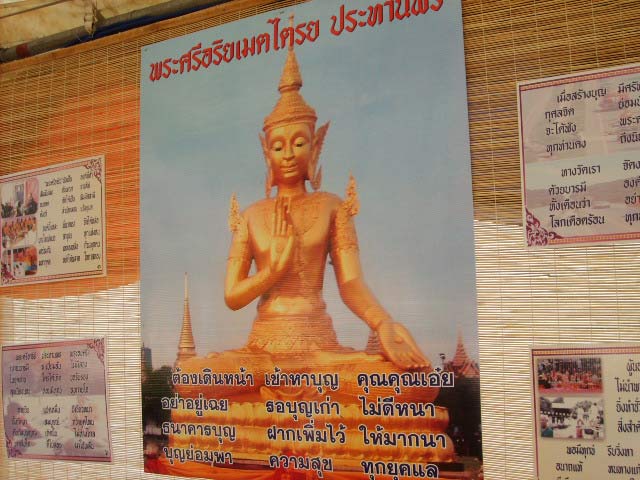
ไม่มีความคิดเห็น:
แสดงความคิดเห็น